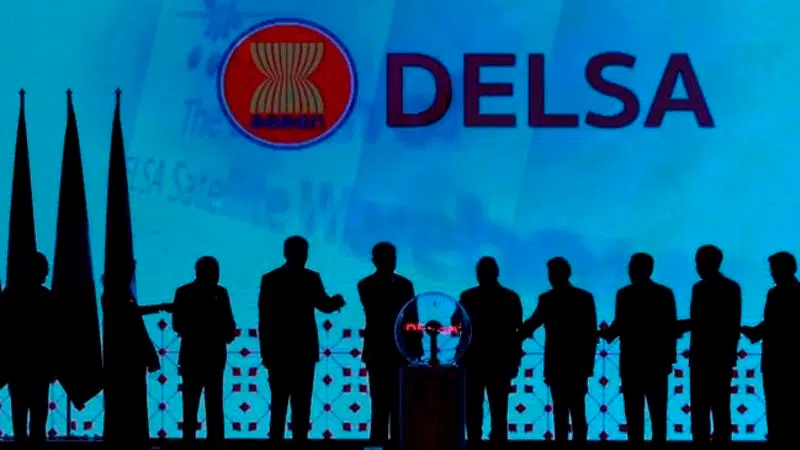
ASEAN leaders call for restraint amid sea row, US-China rift
BANGKOK — Southeast Asian leaders on Sunday pressed their call for self-restraint in the disputed South China Sea and renewed their alarm over the U.S.-China trade war, with one leader warning it may spiral out of control.
The long-raging territorial conflicts and the protracted dispute between the two global economic powerhouses are high on the agenda in the final of two days of meetings of leaders from the Association of Southeast Asian Nations. It’s an annual summit steeped in diplomacy, protocol and cultural colour in the Thai capital.
Facing regional predicaments such as the Rohingya refugee crisis in Myanmar, the leaders took the stage and clasped their hands together in a trademark ASEAN handshake to project unity.
Founded in 1967 in Bangkok in the Cold War era, the diverse 10-nation bloc lumps together an absolute monarchy and constitutional monarchies, along with socialist republics and fledgling democracies.

